“Where the Ukrainian word does not sound, someone else’s one appears,” emphasized Vira Iliyina, deputy editor-in-chief of the Technopolis newspaper, during the discussion of the film Pages of Hope.
The film tells the story of the frontline Trudova Slava newspaper from Orikhiv, which is personally delivered by editor Svitlana Karpenko, along with rescuers who bring people bread and water. Newspapers, bread, and water are three essentials necessary for survival in frontline communities, which are often cut off from communication.
Moderator Lina Kushch noted the courage of journalists from frontline regions, who continue to work in difficult conditions. Director Yevhen Cherevko from the National Union of Journalists of Ukraine (NUJU) has already created a second documentary about journalists from frontline newsrooms. His previous documentary, On The Edge: The Story of the Invincible Frontline Newspaper, Zoria, Editor Vasyl Myroshnyk, has gained international recognition, including screenings in Poland, Sweden, and the UK.
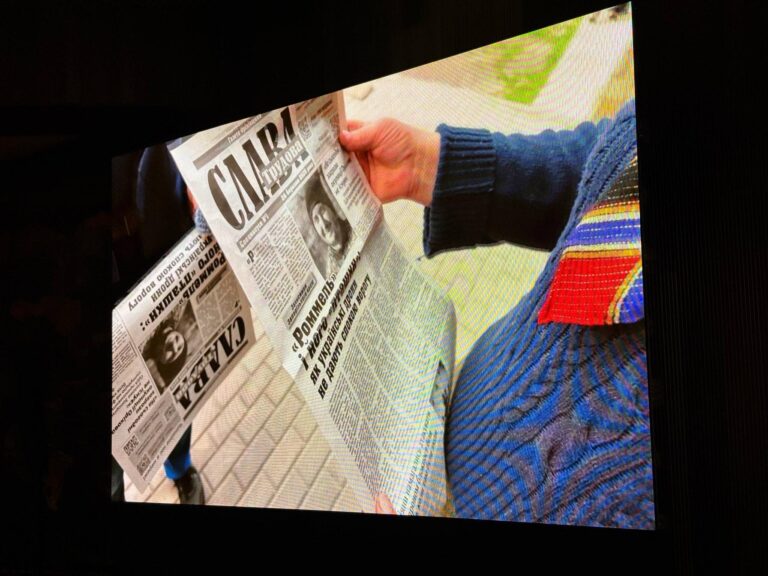
Pages of Hope has already been presented abroad — at the General Assembly of the European Federation of Journalists in Budapest and in Lviv for Ukrainian journalists. Sergiy Tomilenko, the President of the NUJU, noted that the film tells a touching story about journalists who did not leave their communities even after their newsrooms were destroyed.
The newsroom of Trudova Slava has been relocated to Zaporizhzhia, but Svitlana Karpenko continues to publish the newspaper for the residents of Orikhiv. Colleagues spoke about a perilous trip to Orikhiv, during which the journalists not only delivered newspapers but also humanitarian aid.
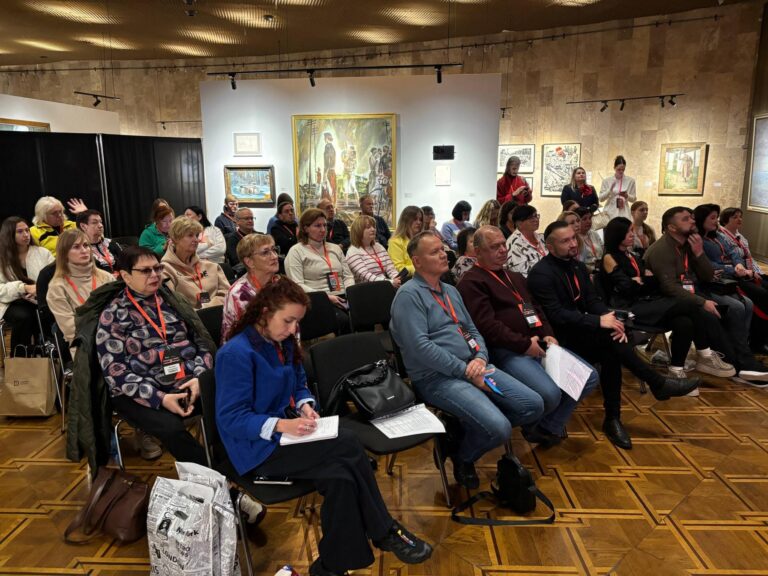
Valentyna Manzhura, the co-coordinator of the Zaporizhzhia JSC, thanked the NUJU team for organizing it. She recalled that the newsroom of Trudova Slava was destroyed, but Karpenko did not give up and became a multimedia editor, personally delivering newspapers even several kilometers from the front.
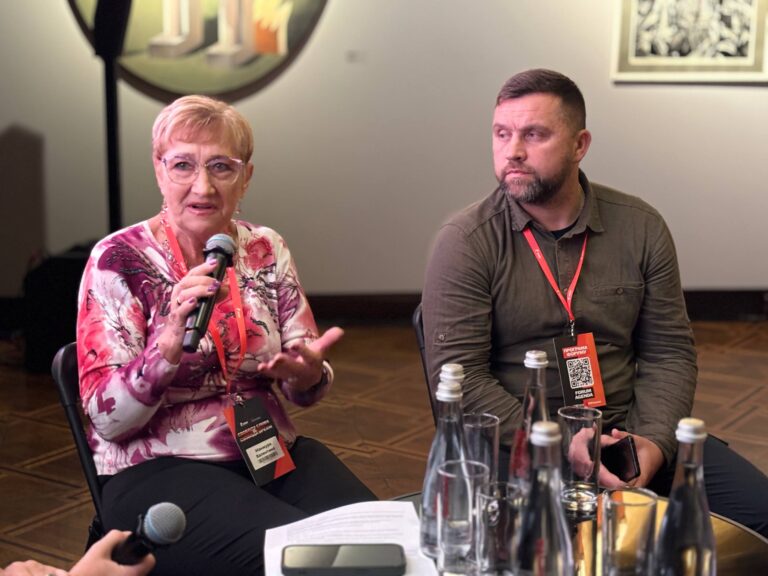
NUJU and international partners helped restore the newspaper. In Orikhiv, where there is no electricity or internet, people rely on the newspaper as their primary source of information. For the evacuated residents of Orikhiv in Zaporizhzhia, it has become a symbol of home and peaceful life.
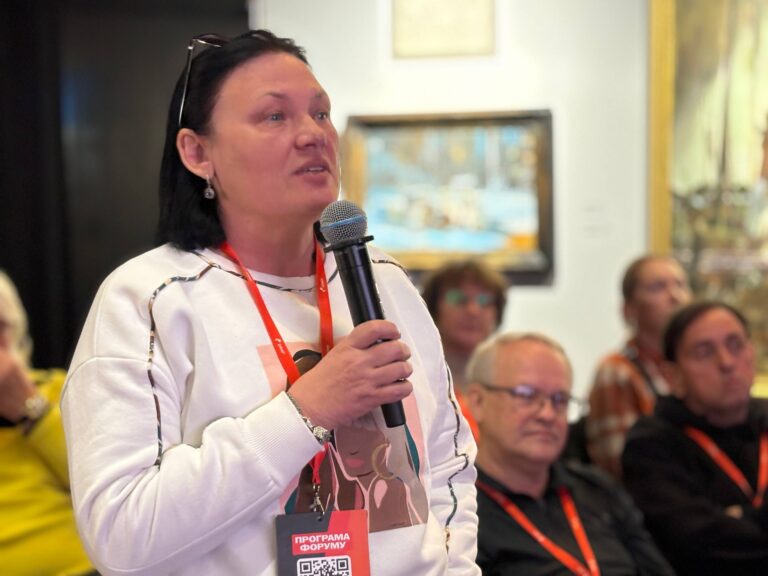
Manzhura also shared the story of an elderly resident of Orikhiv who stubbornly restores his yard after each shelling and says, “You just drive the enemy away – we will rebuild everything.”
During the Donbas Media Forum, the film was watched by editors of local media who also risk their lives to deliver newspapers.

Lina Kushch noted that due to the war, Ukrposhta does not work in dangerous areas, so journalists deliver the publications themselves. Oleksii Pasiuha, the editor of the newspaper Vorskla from Sumy Region, said that even despite the risks, journalists continue to deliver newspapers by bicycle because people are waiting. His newsroom was restored in 2022 thanks to the NUJU and now covers the entire Okhtyrka District.
Yevhen Khrypun, the editor of the newspaper Mezhyvskyi Meridian from the Dnipropetrovsk Region, also spoke about the relocation of his newsroom and the dangers of working near the front. He noted that the newspaper remains the only channel of communication for residents of frontline communities who live without electricity, gas, water, and communications, but are eagerly awaiting the printed word.
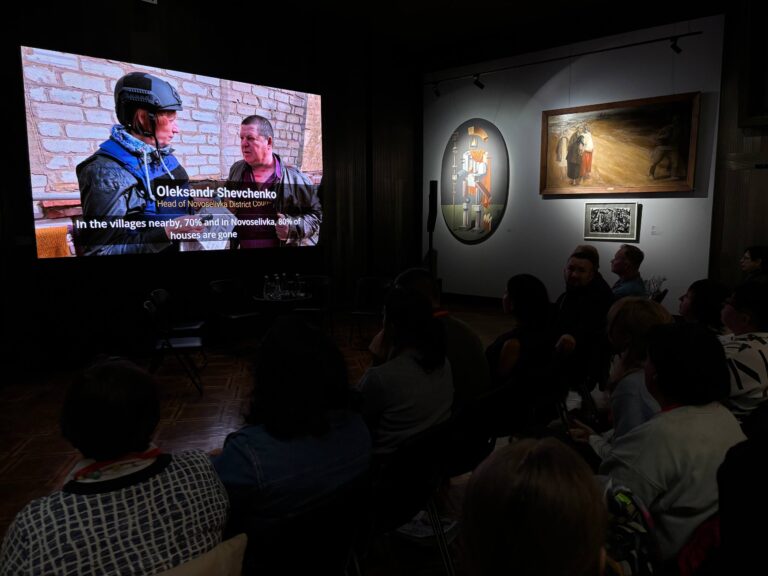
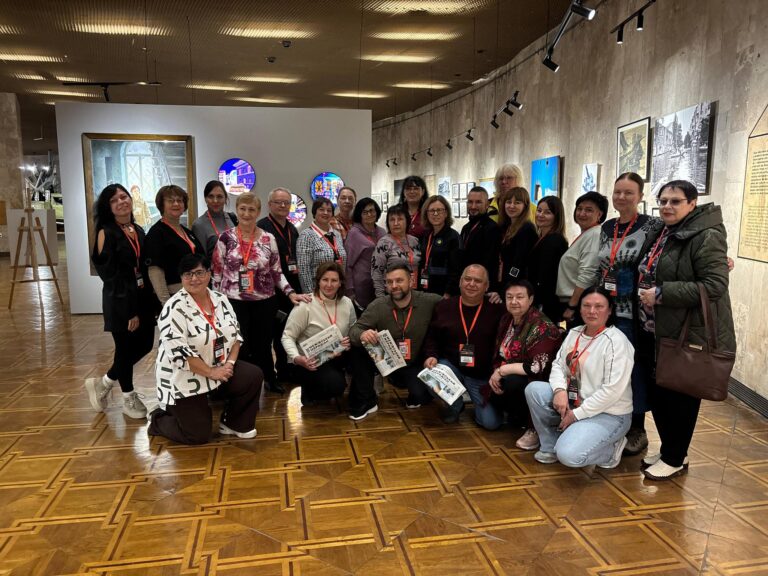
Inna Kosianchuk
NUJU Information Service
Photo by Dariya Zyrianova

 THE NATIONAL UNION OF
JOURNALISTS OF UKRAINE
THE NATIONAL UNION OF
JOURNALISTS OF UKRAINE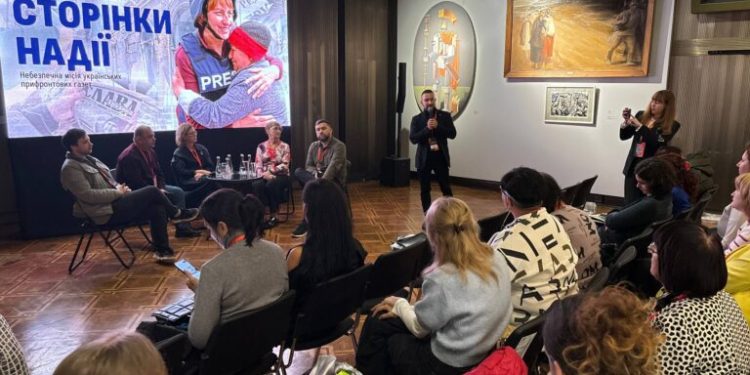
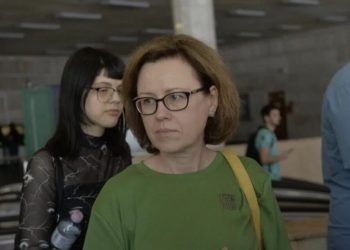
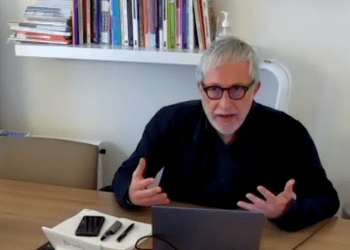
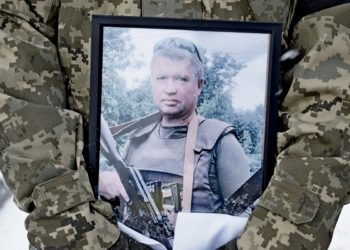













Discussion about this post